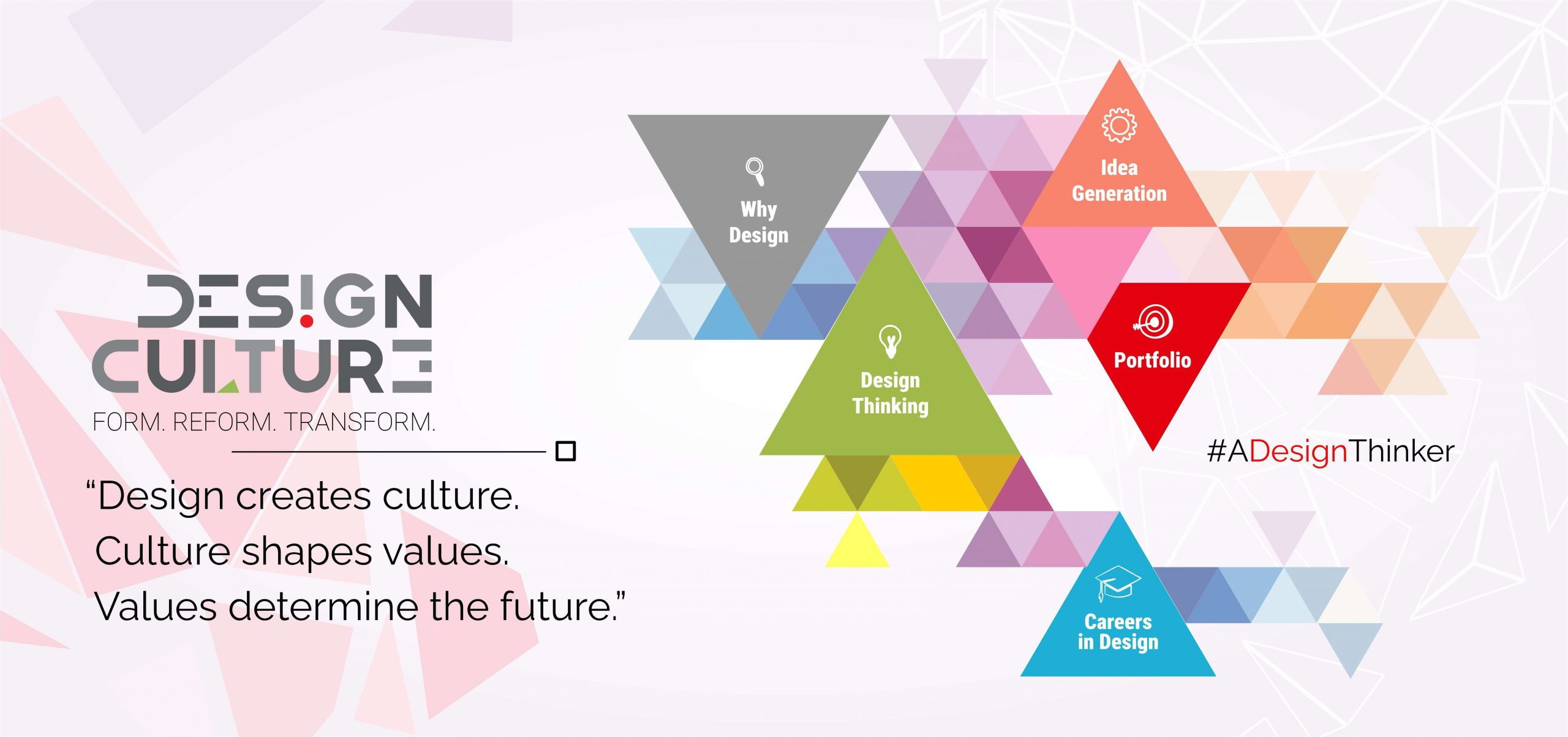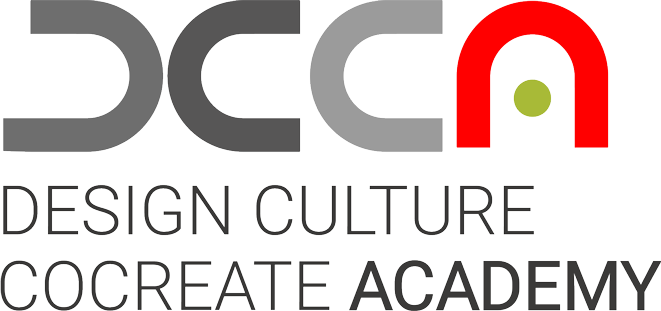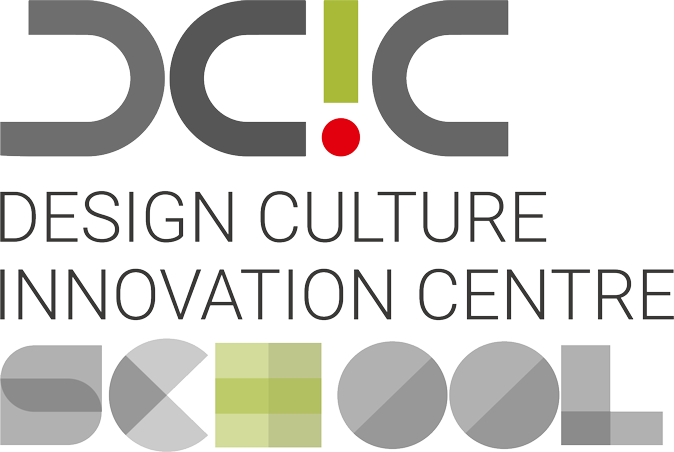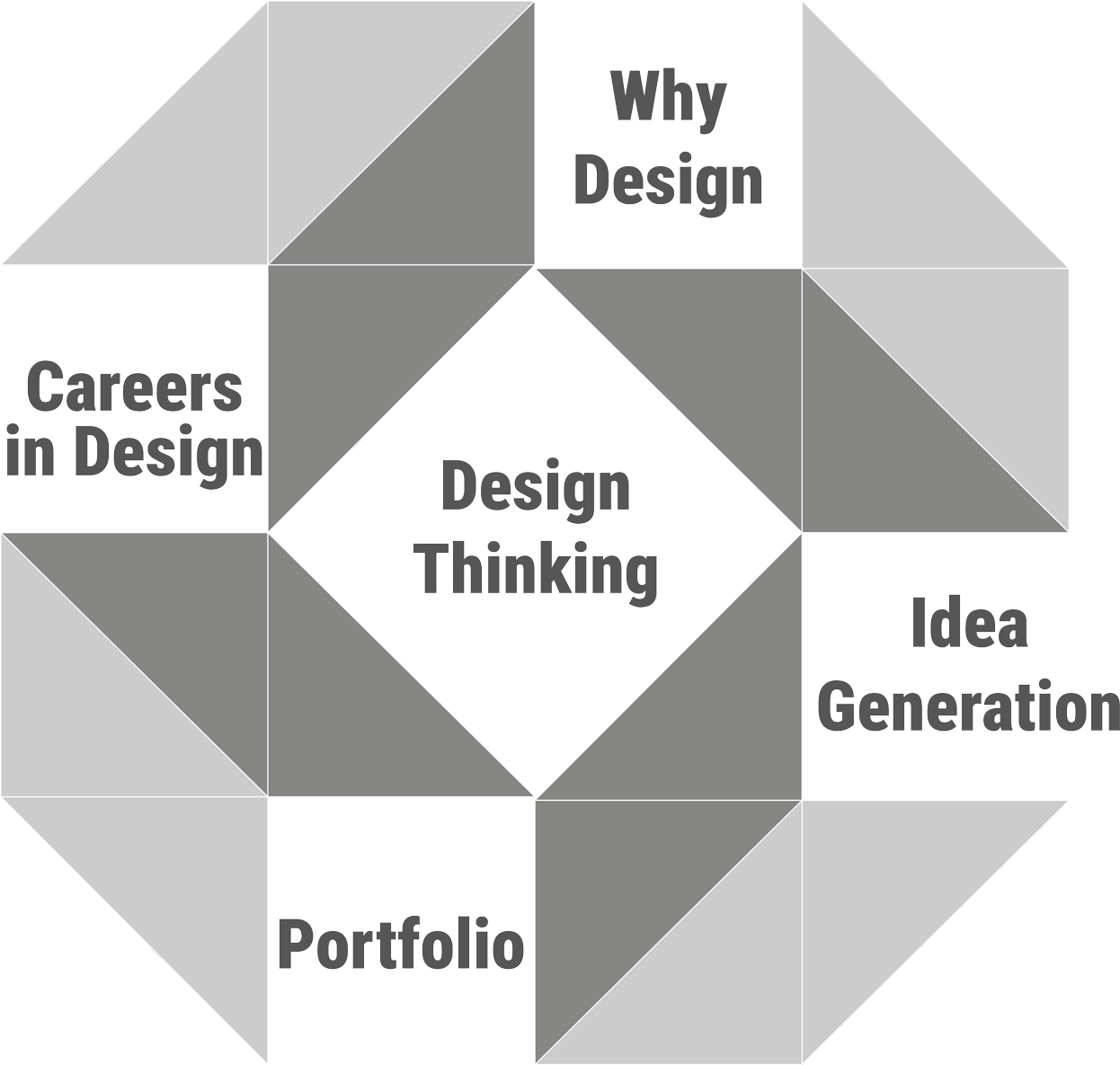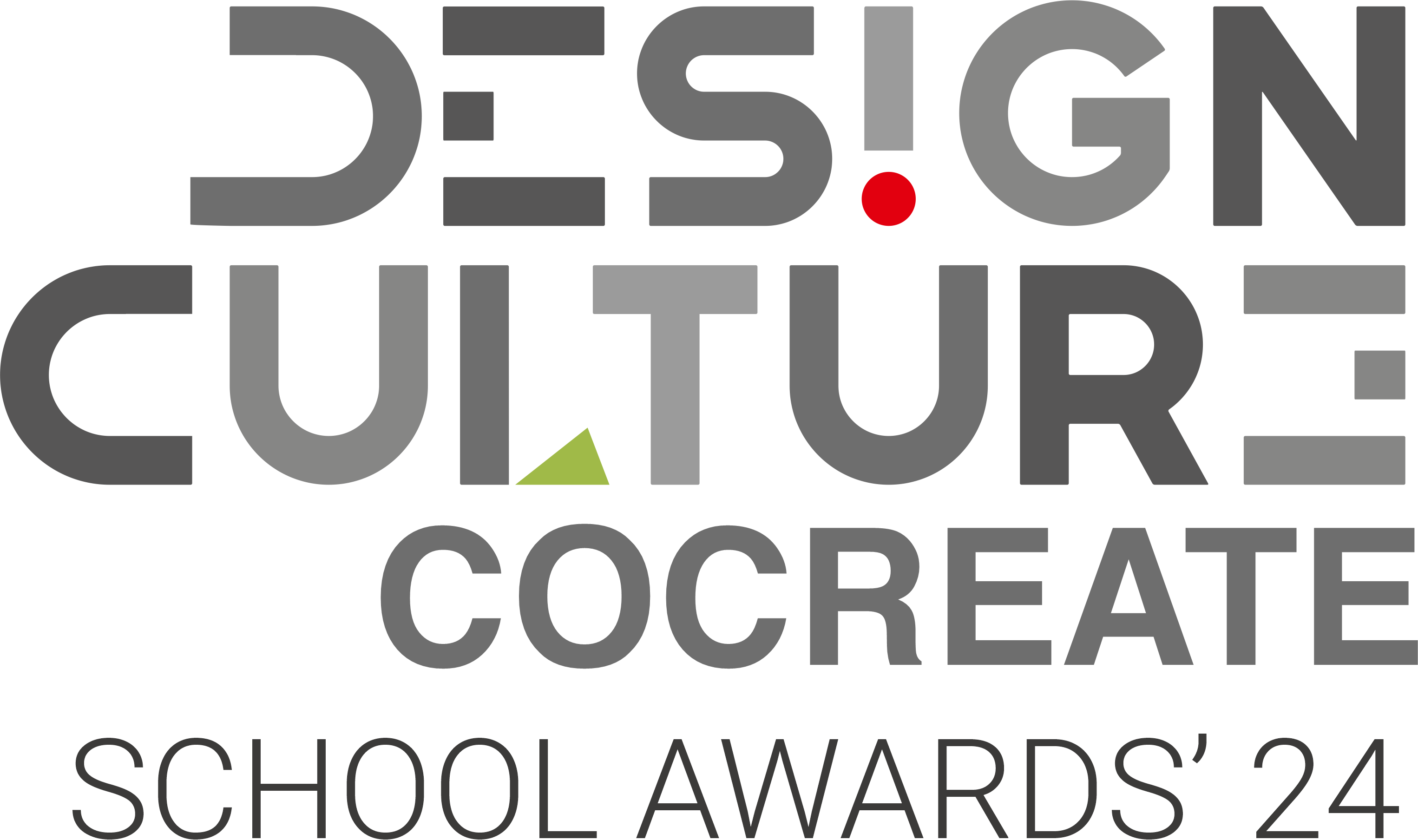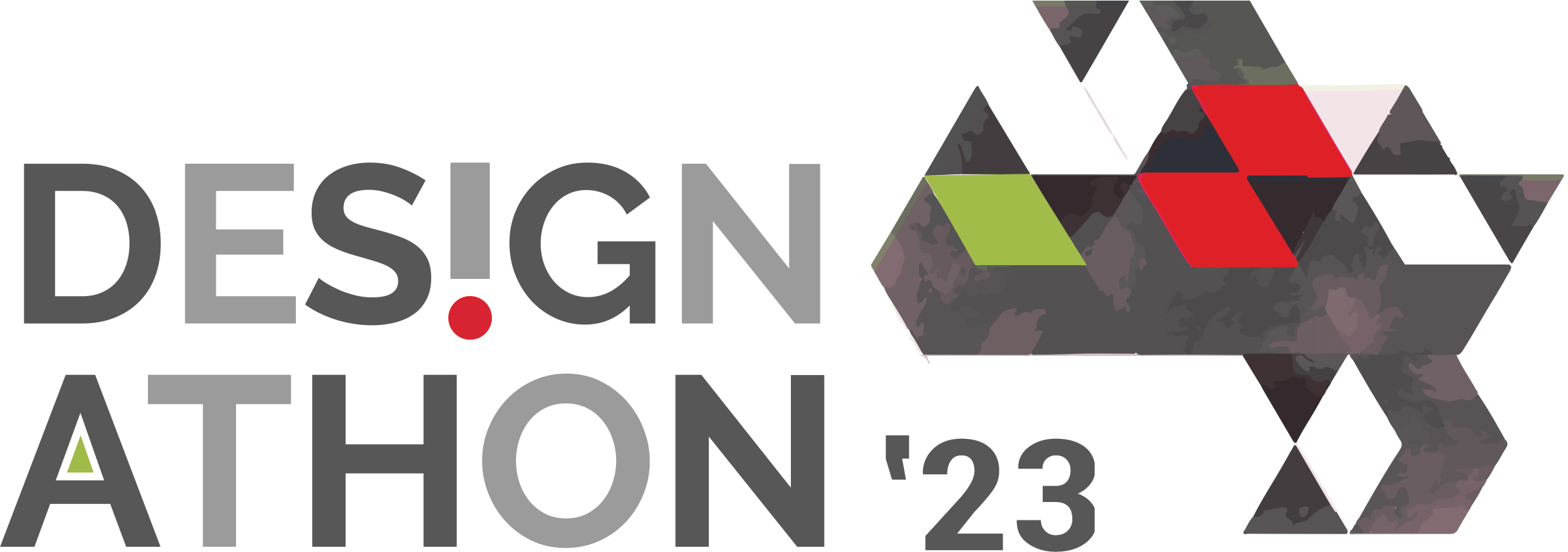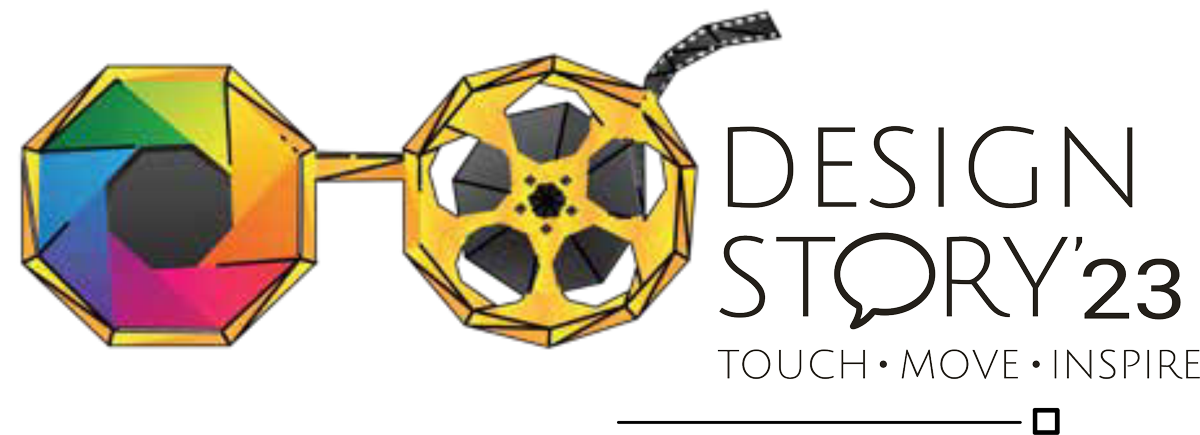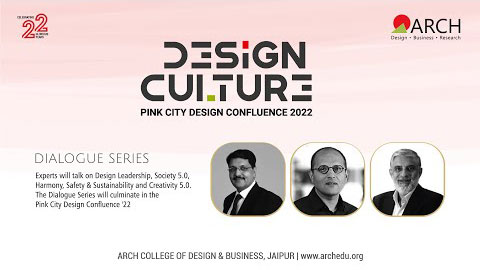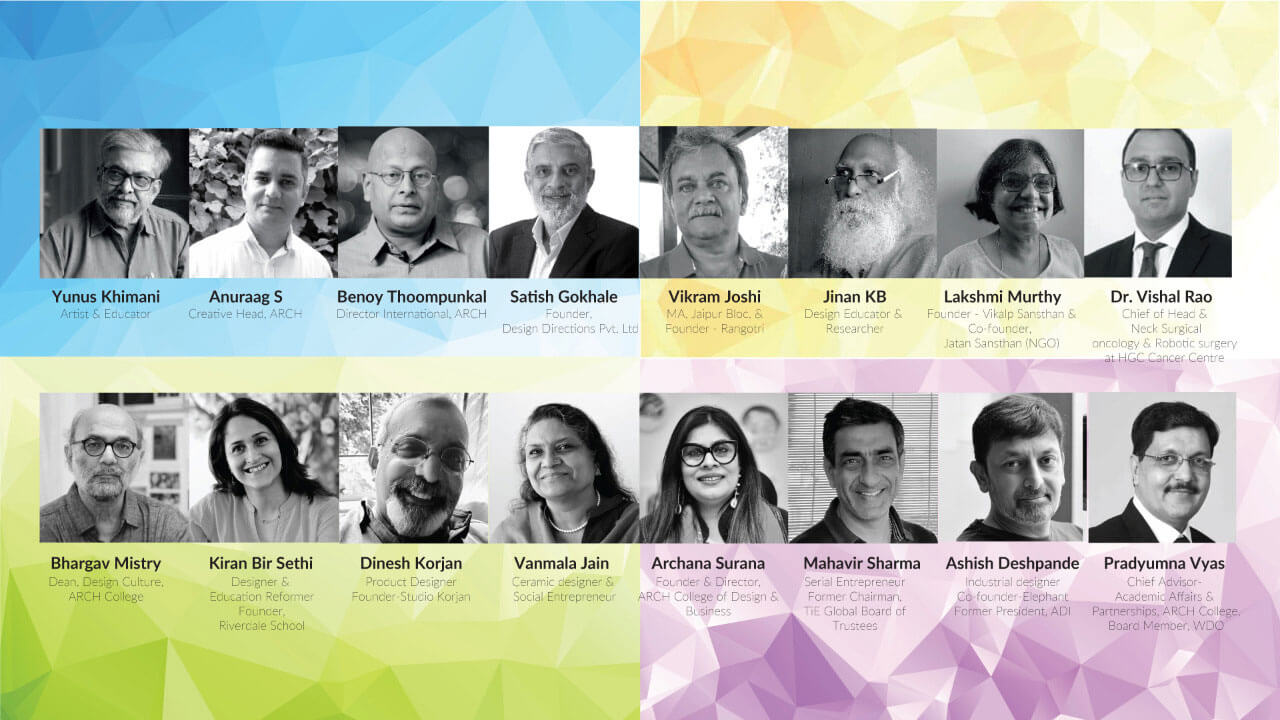The Design Culture Innovation Centre is a platform that engages school students in creative activities to solve various design challenges based on design thinking principles to equip them with DesignAbility.
Activities under DCIC:
Social Design projects: Designing utility products/spaces/systems for societal needs.
Design Challenges: Identification of challenges both within the school and the environment.
Adoption of Projects: Simple challenges within the school towards improving quality of life, education, social impact, sustainability, waste management, speculative futures, etc.
Brainstorming sessions: Using a problem solving approach to resolve various design pain points in several areas.
Interactive Sessions: Regular film screenings, talks and interactions with design experts from different domains.
Collective Documentation: Curation and documentation of the projects through films and models for record, reference and exhibitions.
Requirements for DCIC Formation:
- A dedicated space for team to brainstorm, work and showcase their prototypes/ projects
- A teacher mentor
- A representative from each class
- Infrastructure requirement: Space where 10 to 15 persons can meet to discuss, carry out presentations, work on ideas, brainstorm, keep registers and idea records, Computer, Printer, Camera or any other equipment the school may feel necessary
Time Commitment: 2 hours per week
Young Design Ambassadors: (class 6th to 9th)
Part of the DCIC would be to appoint young design ambassadors. The aim has several rationales-
- Instill a sense of pride
- Encouraging students to participate
- A sense of purpose.
- Developing Creative thinking
- Organize and monitor the DCIC activities
- Help the school attain prominence in design related activities.
- Liaison between schools and the mentor college.
The role would be rotational so as to encourage each student to put in their best efforts.
The chosen student needs to be effectively communicative, reasonably thorough in understanding design thinking, possess reasonable design skills, outgoing and proactive.
Design Culture Leaders: (Class 10th to 12th)
Design Leader’s role will be:
- To develop a sense of design leadership and responsibility.
- Organize and monitor the DCIC activities.
- Overall help the school attain prominence in design related activities.
- Help to develop critical and analytical thinking.
- Liaison with the mentor at ARCH College.
In turn, ARCH College would issue a Letter of Recommendation and Certificate of Appreciation highlighting their `Design Ability’ and leadership qualities. This would be helpful for students to take admission in higher educational institutions in India & Abroad.















